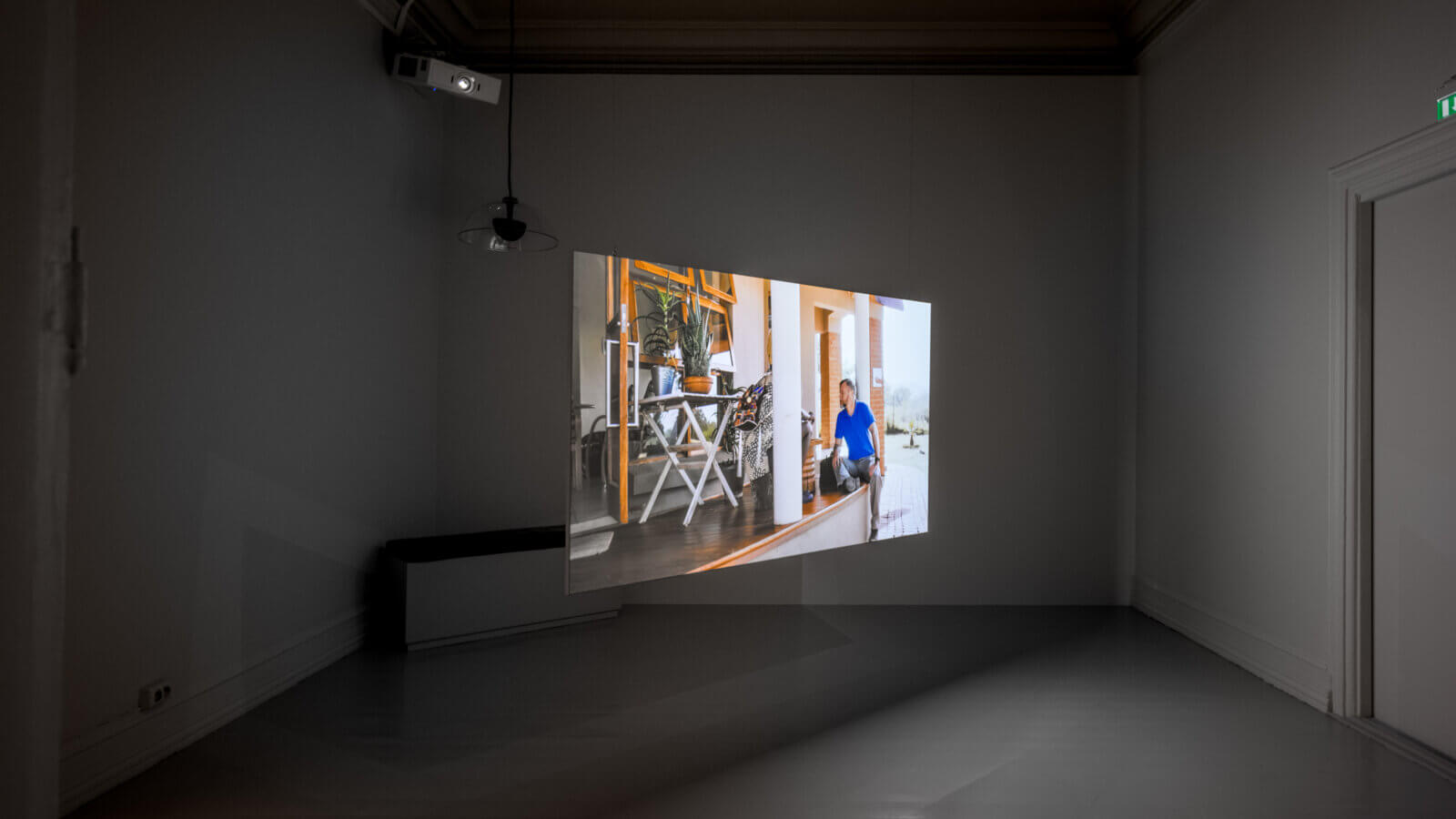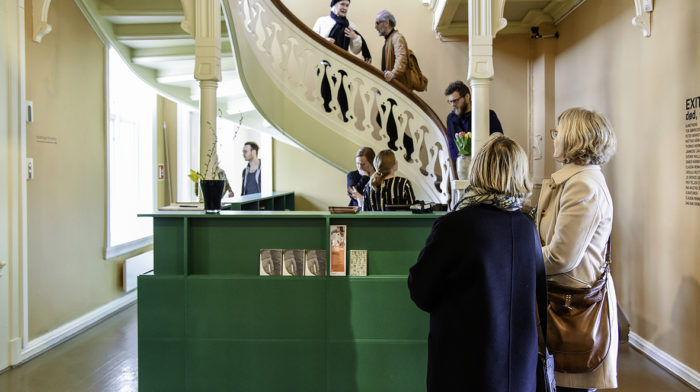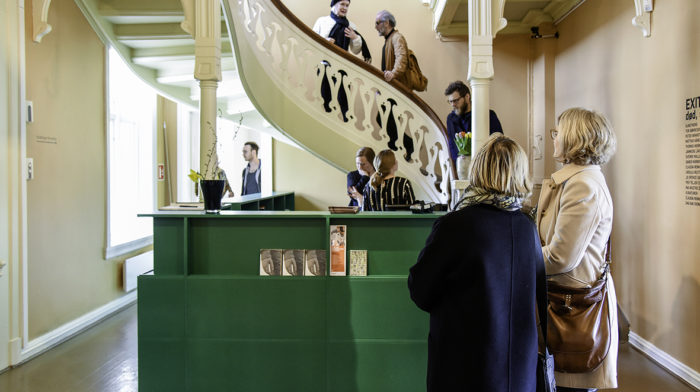Uriel Orlow (b. 1973, Zurich, Switzerland) is a visual artist who currently lives and works between London, UK, and Lisbon, Portugal. His research-based, process-oriented and multi-disciplinary practice is concerned with colonial residues, plants as political actors, spatial manifestations of memory, and gaps of representation. He uses film, photography, drawing, sound, lecture performances and modular, multi-media installations to explore specific locations and micro-histories, bringing different image-regimes and narrative modes into correspondence. He studied at Central Saint Martins College of Art & Design London, the Slade School of Art, University College London and the University of Geneva.
The Crown Against Mafavuke, 2016
Imbizo Ka Mafavuke [Mafavuke’s Tribunal], 2017
Set in South Africa, this film diptych considers medicinal plants as dynamic agents linking nature and humans in a network of curative, cultural, historical and economic connections. The Crown Against Mafavuke shows a reenactment in the Palace of Justice in Pretoria of a court case from 1940 in which Mafavuke Ngcobo, a real life traditional herbalist, was accused of straying from tradition and illegally using Western ingredients in his preparations. In Imbizo Ka Mafavuke the tables are turned. Mafavuke returns to the present where he presides over an imagined – but necessary – tribunal in which traditional healers, activists and lawyers come together to discuss Indigenous knowledge and the issue of bio-prospecting by the pharmaceutical industry, which has come to consider traditional medicine as a source for the identification of new bioactive ingredients for medicines. The two staged films explore the ideological and commercial confrontation between two different yet intertwining medicinal traditions and their uses of plants, with slippages across gender and race further questioning notions of purity and origination. Working across the genres of documentary and drama, the films raise important questions about the protection of the Commons of Indigenous knowledge in a global context.




